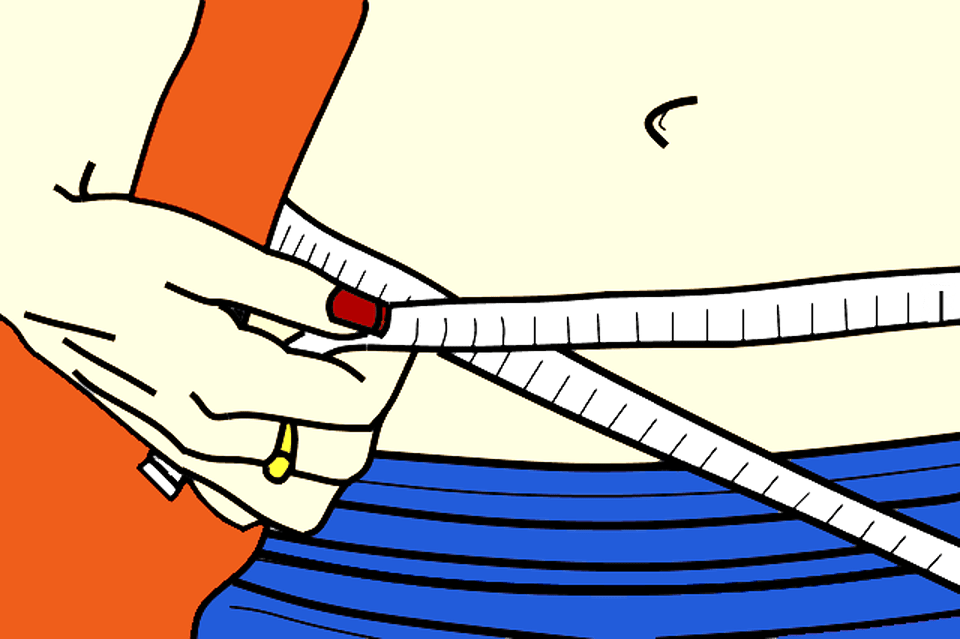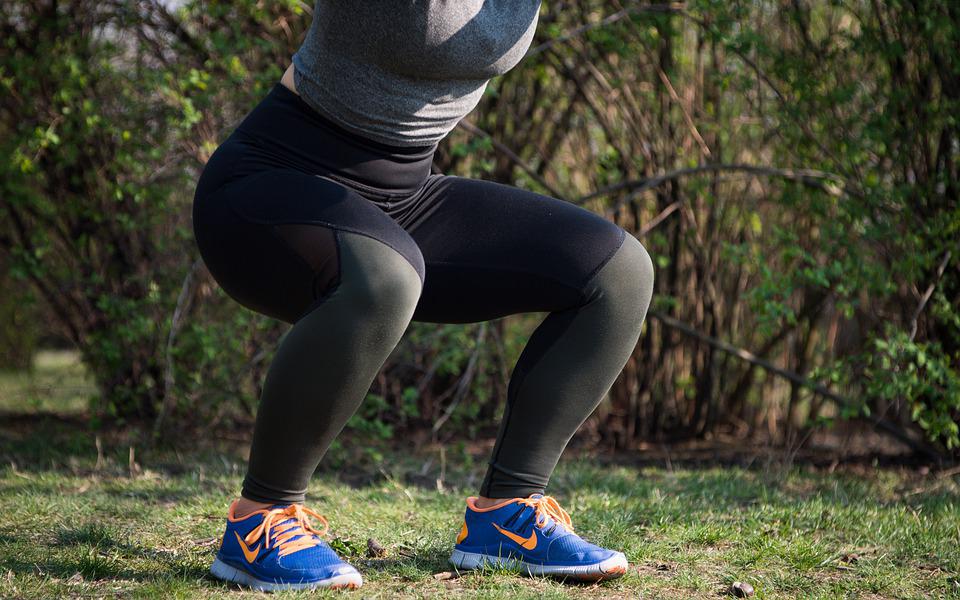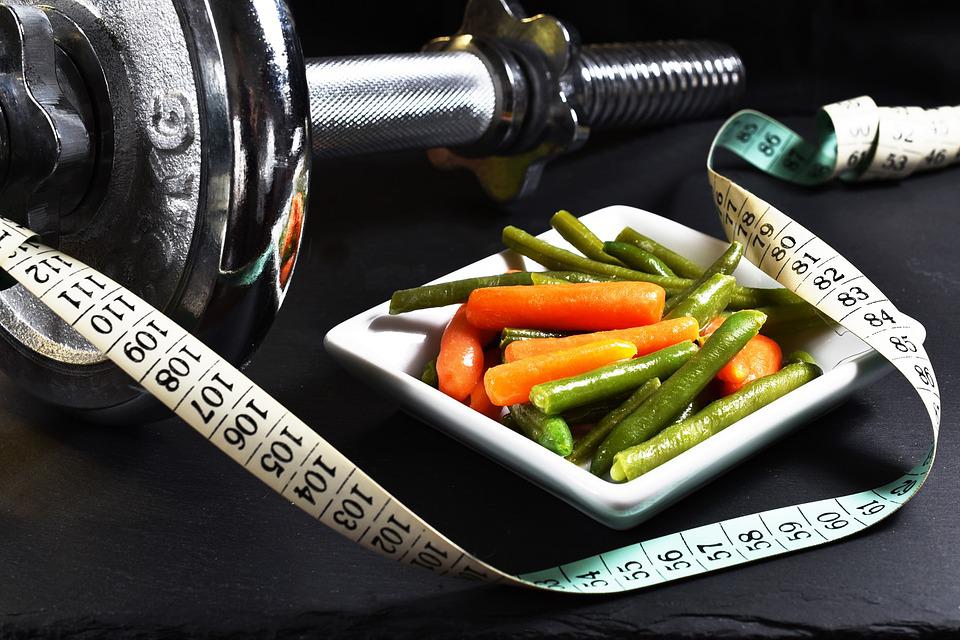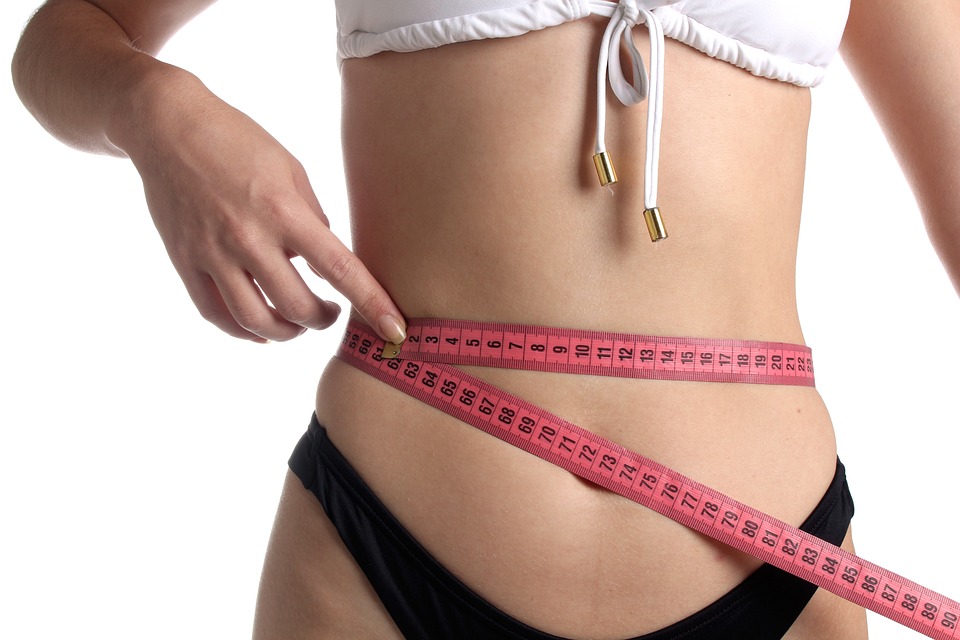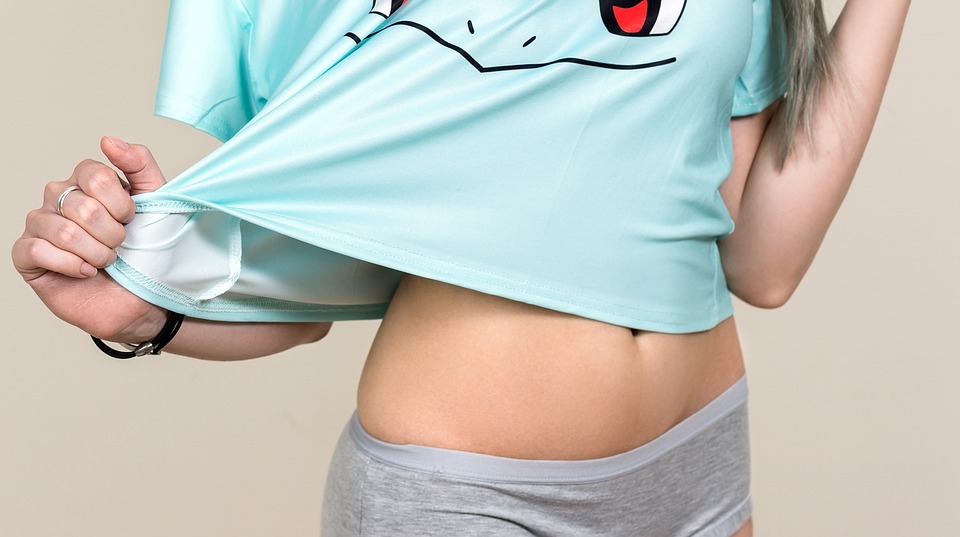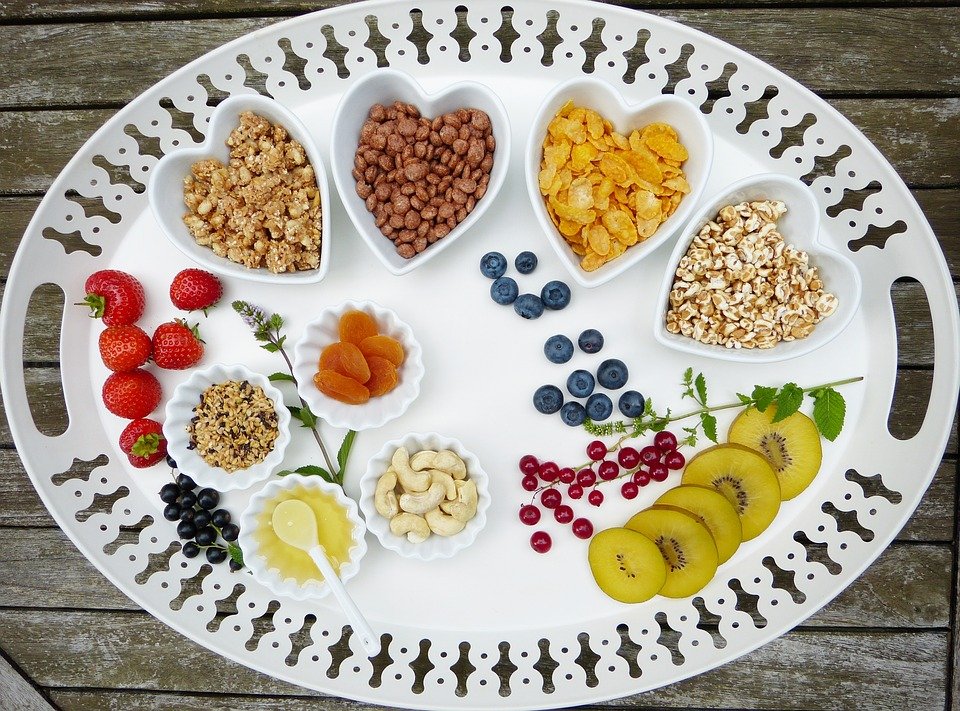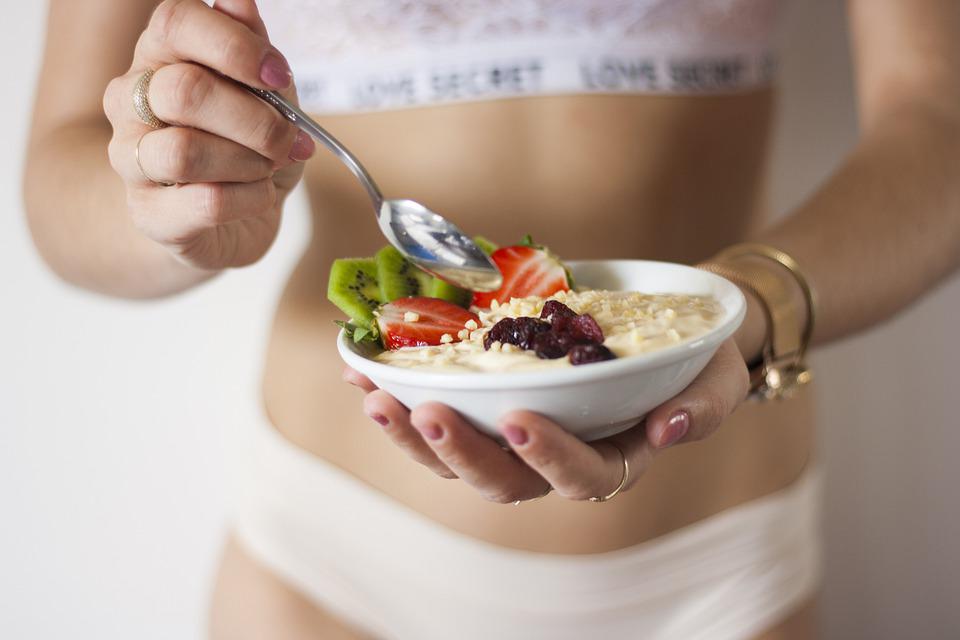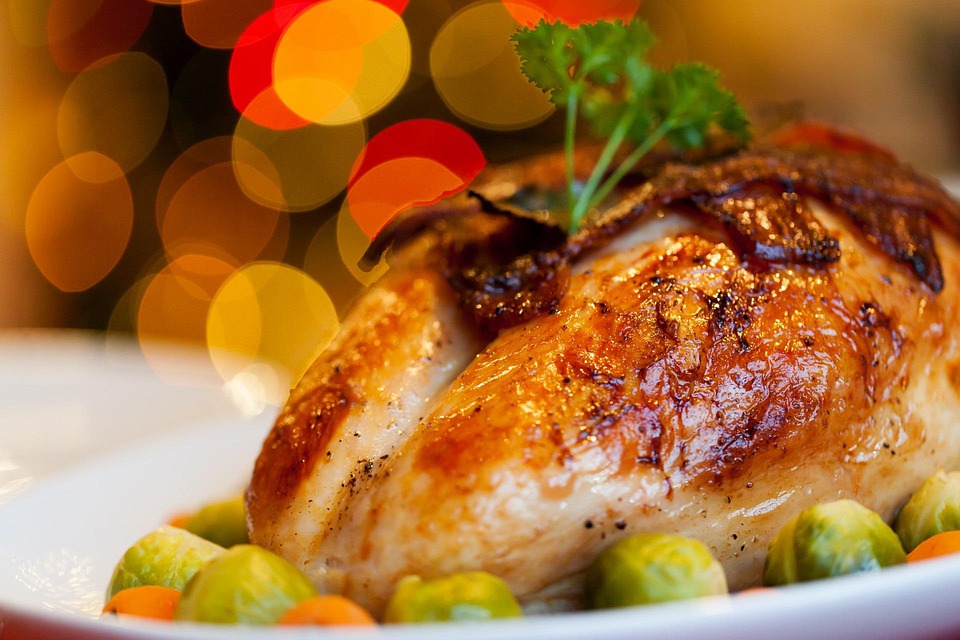
Many adults worry about gaining weight during the holidays.
During the holidays, people may eat more than usual and not get as much exercise, which can lead to weight gain. On average, adults in Western societies gain about 1 pound during the period from mid-November to mid-January.
Holidays are one of the main reasons people gain weight each year, even though it may not seem like a lot. Most people don’t lose the extra baggage they gain, so it all adds up over time.
That said, holiday weight gain is not inevitable.
1. Avoid calorie-dense foods 2. Select healthier alternatives 3. Don’t go overboard 4. Don’t starve yourself 5. Be choosy 6. Balance 7. Incorporate physical activity 8. Avoid drinking too many calories 9. Drink mindfully 10. Opt for sparkling water 11. Fill up on fiber 12. Slow down 13. Limit portion sizes 14. Be mindful of your alcohol intake 15. Don’t forget breakfast 16. Keep tempting foods out of the house Here are 16 tips to help you avoid weight gain during the holiday season: 1. Avoid foods that are high in calories. 2. Select healthier alternatives. 3. Don’t eat too much. 4. Don’t starve yourself. 5. Be choosy about what you eat. 6. Balance the foods you eat. 7. Incorporate physical activity into your holiday season. 8. Avoid drinking too many calories. 9. Drink mindfully. 10. Opt for sparkling water instead of sugary drinks. 11. Fill up on fiber. 12
Snack wisely
There tends to be an abundance of unhealthy snacks like cookies and other goodies available during the holiday season.
If you have easy access to treats, you are more likely to eat them even if you are not hungry,
This problem can be solved by keeping treats out of sight, but that is more difficult to do when you are at work or a family party.
You should try to be aware of your snack habits. If you find yourself eating just because there is food available, and not because you are actually hungry, it is best to avoid snacking altogether.
If you are hungry and need a snack, you should eat real foods like fruits, vegetables, nuts, and seeds. These snacks are filling and don’t have added sugars or unhealthy fats, which can cause weight gain.
Watch your portion sizes
During the holidays, it can be easy to overindulge.
People who eat a lot tend to gain weight more quickly than people who don’t.
The best way to deal with this is to either control your portion sizes or use smaller plates.
You can figure out how much food you should eat by looking at the serving size on food labels and recipes. If you don’t have that information available, try to estimate a reasonable amount.
Practice mindful eating
During the holiday season, people are often in a rush, which can lead them to try to do too many things at once, including during meals.
If you’re distracted while you eat, you’re more likely to overeat. That’s because you won’t be paying attention to your body’s signals that you’re full.
Eating mindfully means paying attention to your food and being present while you eat. This means no distractions, including work and electronics.
Slow and thorough chewing will help you feel fuller sooner and consume less food overall.
Breathing deeply a few times before you start eating can help you relax and focus on your meal instead of your to-do list.
Findings from various studies suggest that those who consciously eat are less prone to putting on weight.
Get plenty of sleep
If you’re not getting enough sleep, you may be more likely to gain weight.
People who don’t get enough sleep are usually hungrier and eat more calories than people who get enough sleep. They also tend to exercise less.
If you don’t get enough sleep, you may end up eating more because your hunger hormone levels will increase.
In addition to this, inadequate sleep has been shown to be linked with a lower metabolism. This may be caused by changes in your circadian rhythm – a biological clock which regulates many of your bodily functions.
Control your stress levels
The holidays can be a very stressful time of year. Trying to keep up with all the demands can be very overwhelming.
If you are stressed, you probably have high levels of cortisol. Cortisol is a hormone that your body releases when you are stressed. If your cortisol levels are high all the time, you might gain weight. This is because high cortisol levels can make you eat more.
If you have a lot of stress in your life, you may be more likely to crave unhealthy food.
In order to stay healthy during the holidays, it is important to manage stress levels and make healthy choices regarding food.
There are many ways to reduce stress, including exercise, meditation, yoga and deep breathing.
Keep meals balanced with protein
Carb-rich holiday meals are usually low in protein.
However, it is important to include some protein in every meal, as it promotes fullness and may help with weight maintenance.
Protein has the ability to reduce hunger and appetites, which in turn may lead to a reduced calorie intake.
Protein is beneficial for weight control because it helps burn more calories and reduces hunger.
You should include at least 1 ounce of protein in each meal in order to manage your weight.
Protein can be found in a variety of sources, including meat, poultry, fish, beans, and quinoa.
Focus on fiber
Fiber is another important nutrient that induces fullness.
Eating foods high in dietary fiber may help reduce the amount of calories you consume, and prevent weight gain during the holiday season.
Many common holiday foods are low in fiber, so try to eat foods that are high in fiber like vegetables, fruits, legumes, whole grains, nuts, and seeds.
Cut back on taste-testing
A lot of people take the opportunity during the holiday season to spend more time cooking and baking.
This can lead to weight gain because people often sample their dishes while they are cooking, and even small bites can add up in calories.
It is important to taste your dishes, especially if you are cooking for others, but you only need a tiny bite.
Be sure not to cook when you’re hungry as it’ll be much easier to overindulge in taste-testing.
Bring a healthy dish to share
You may find yourself overeating, or eating more high calorie foods than usual, at holiday parties.
Even though you can’t always control what food is available, you can control what you eat. A simple solution is to bring your own healthy dish to share. This ensures that you’ll have something to eat that meets your weight goals.
Hit the delay button before plate #2
Make sure to leave some space between your first and second helping so you don’t overeat. It takes a little while for your body to register that it’s full, so if you eat too quickly you might not realize you’re overeating until it’s too late.
You should wait a while between your first and second helpings to see if you’re really hungry or if you just want more food because it’s easy to get. Chew each bite slowly and enjoy the flavor. Inhaling calorically dense food is a good way to gain weight.
Limit your dessert intake
During the holiday season, it is easy to overindulge on sugary foods. This can lead to weight gain, as sugar is a common cause of weight gain.
Don’t eat every treat you see, just eat your favorites and ignore the rest.
A different tactic is to appreciate the desserts you do allow yourself to have, taking the time to savor them slowly — which could lead to feeling more content and less likely to eat too much.
Limit liquid calories
There are many high-calorie drinks available during the holidays. These include alcoholic beverages, sodas, and other sweetened drinks.
These drinks can contribute a significant amount of sugar and empty calories to your diet, which can cause you to gain weight.
An increased appetite is often linked to alcohol consumption, which is a risk factor for weight gain.
You will be most successful in controlling your weight if you consume fewer high-calorie drinks.
Fill up on water
You should drink water before, during, and after meals to stay hydrated, prevent dehydration, and protect your body tissues. Water is an inexpensive, calorie-free beverage that will fill you up and eliminate waste.
Drinking water before, during, and after meals can help reduce meal energy intake and lead to major fat loss over time, according to one study.
Employ a second helping plan
If you want to have seconds, pick 1-3 of your favorite items and only fill half your plate with them. This way you can enjoy the flavors without overeating.
You shouldn’t have more than two helpings of food unless it is mostly vegetables that have been minimally processed, like steamed or baked ones, and lean protein. This will help you feel like you’re eating a lot without actually eating too many calories.
Go with big flavor, fewer calories
If you want to reduce the amount of calories you’re consuming without giving up on flavor, there are some easy substitutions you can make. For example, you can use Greek yogurt instead of sour cream, vinegar-based dressing instead of oil-based, and just eat the filling of the pie without the crust.
Hinder fat gain via supplementation
Products like AI Sports Glycobol, MAN Sports Vaporize, and Molecular Nutrition Accelerant help ensure that nutrients are more likely to be used for muscle growth and recovery rather than fat gain.
These products can help to reduce the amount of carbohydrates absorbed from foods, especially when many dishes are high in carbohydrates.
10 Thanksgiving Exercise Strategies
If we were to treat Thanksgiving like any other day ideally, then we would not make poor food choices, drink, or be inactive. However, this holiday is typically associated with these unhealthy behaviors.
Before Thanksgiving, do some preemptive damage control by working out a little harder than usual. During the holiday, stay active by going for walks after big meals. And after Thanksgiving, ease back into your workout routine gradually to avoid too much post-stuffing soreness.
- Deplete your glycogen levels
Try doing a depletion workout before your next big feast. This type of workout usually involves doing moderate-intensity exercise, like weightlifting, swimming, or cycling, for a relatively long time, in order to use up all the sugar stored in your muscles.
Do a depletion workout to help offset the increased caloric intake that typically occurs on Thanksgiving. This will help prevent all those extra calories from going straight to your waistline.
If you’ve overeaten, do a depletion workout later that day or the next morning to bring your muscle glycogen levels down to a normal level. I like to do a 30-minute bodyweight circuit, followed by 30 minutes of walking at a brisk pace on the treadmill at a relatively steep incline.
- Fuel up, then smash personal records
This can be a good time to set some PRs (personal records) on key lifts. The day after Thanksgiving has been coined “National Benchmark Friday” by some in the CrossFit community As mentioned in a previous tip, many of us eat too much on Thanksgiving, but you can use this to your advantage. You can utilize the extra muscle glycogen and slightly increase your body weight to perform a higher intensity and/or higher volume workout. This can be a good time to set some personal records (PRs) on key lifts. The day after Thanksgiving has been coined “National Benchmark Friday” by some in the CrossFit community
I usually find that I can lift more weight and do more reps the day after eating a lot, which shows that the extra calories are at least making me stronger.
- Move early, move often
Help out with getting ready for Thanksgiving instead of just sitting around. You could offer to do things like run errands, help cook, or serve food.
If you help out with preparing food or cleaning up at Thanksgiving, you can expect to burn some additional calories from being active, potentially learn some new cooking skills, and earn the respect of the people who matter most at the holiday – the host or hosts and head cook or cooks.
- Help clean before you sit (and sleep)
By helping to clear the table and clean the dishes after Thanksgiving dinner, you can burn calories and avoid the temptation to keep sitting and eating.
You will gain respect from your hosts or guests if you take initiative to provide a relaxing dining experience for others while they are in a food coma.
- Stroll after feasting
Just a half-hour walk after eating can help with digestion, stop you from snacking, and burn up to 190 calories.
This low-impact activity can help to partly offset spending the rest of the day on the couch.
- Go lumberjack mode for a serious calorie burn
chopping wood is a great way to work your upper body and burn some serious calories. A 180lb male can burn about 250 calories in just 30 minutes.
Chopping wood is a great way to workout your shoulders, traps, arms, and back. Not only is it a great activity, but it gets you outside away from the dining room table. The results of your activity will provide hours of enjoyment for those huddled around the outdoor or indoor fireplace.
- Use commercial breaks to break a sweat
Do some exercises while you watch TV. During the commercials, do as many push-ups, pull-ups, crunches, lunges, or squats as you can. If you can’t do any during every commercial break, try doing them every other break.
This framework not only burns calories, but also forces you to consider how “worth it” a particular show is – the longer you watch television, the more reps you’ll be performing!
- Rake leaves for a quick 30
If you want to burn some calories, head outside and rake up some leaves! A 180-pound man can burn approximately 170 calories by raking leaves for just 30 minutes.
This activity not only improves the appearance of your lawn or local park, but also provides a few hours of entertainment for the neighborhood kids and/or children in your family.
- Start a pick-up game
But it can also be a great time to get some exercise Gather your friends and family to play some team games outside this Thanksgiving holiday! Not only is it a great opportunity to bond with loved ones, but you can also get some exercise in.
One way to get people moving is to set up a touch football game in the front yard, a softball game at the local park, or a pick-up basketball game. You’ll not only burn off that second helping of stuffing, but you’ll also have some fun and bond with those you cherish.
- Deck the halls
Put up your holiday decorations after Thanksgiving dinner.
This will help you lose weight, keep you from eating unhealthy food, and make you look like the most fun person in your neighborhood.

